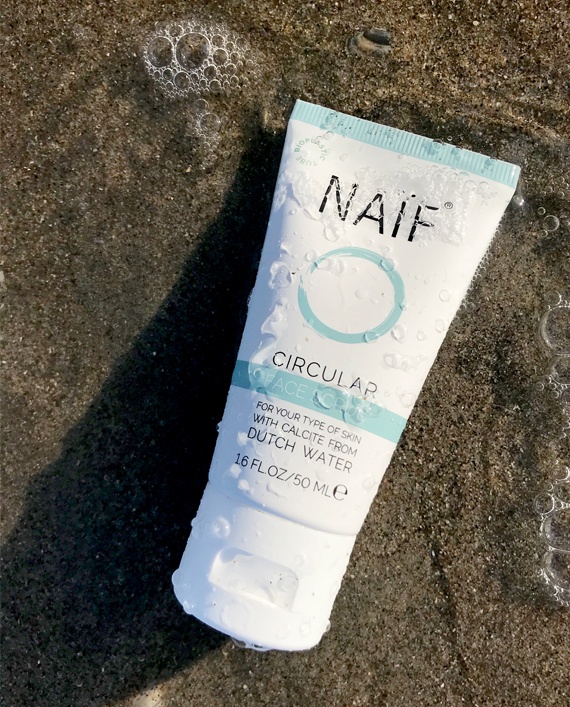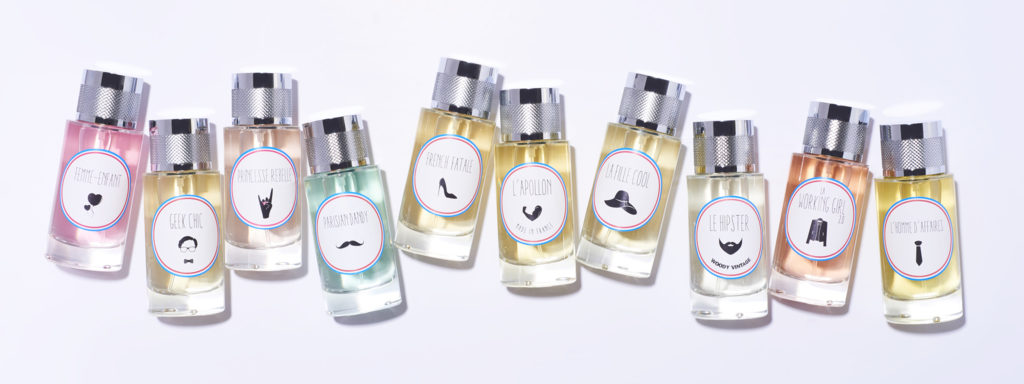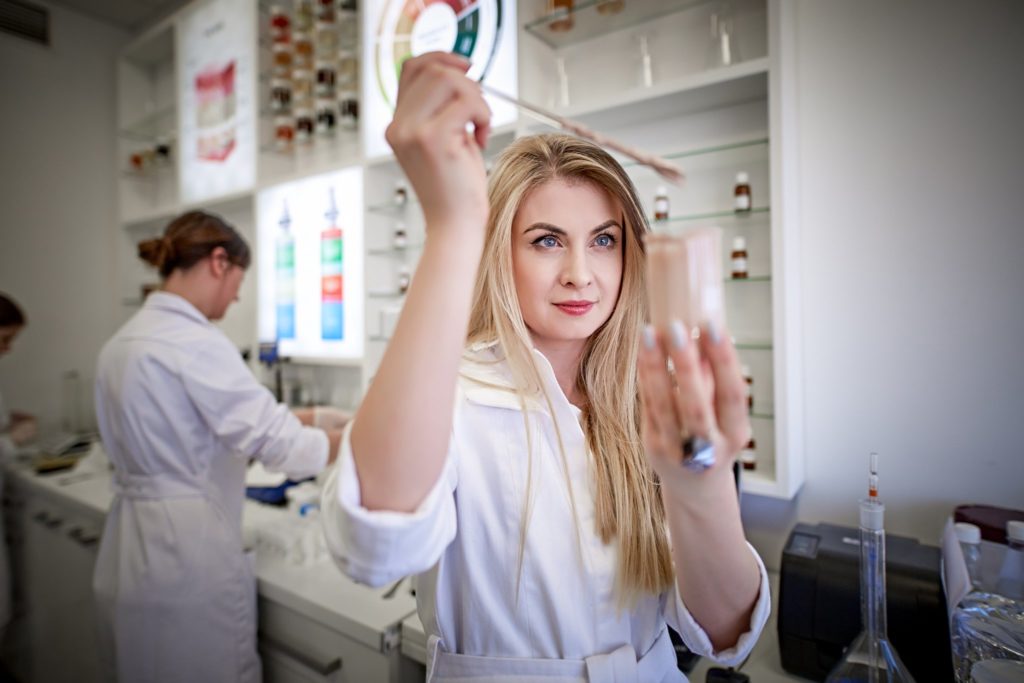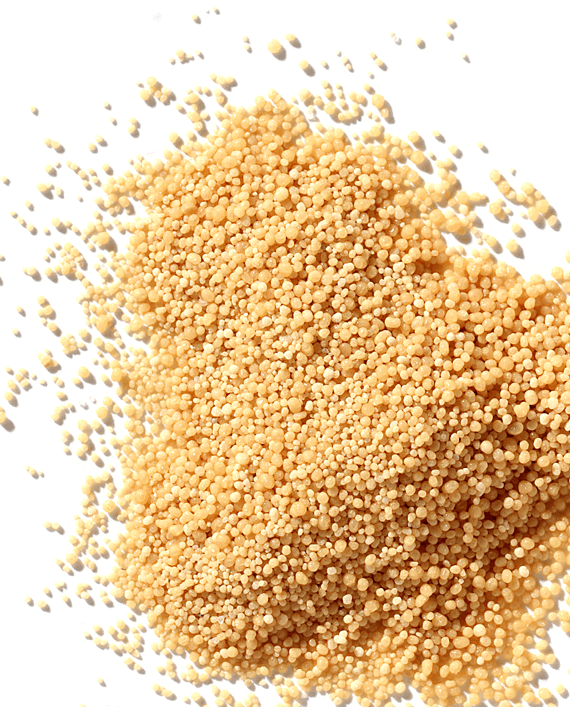The beauty industry needs to focus on sustainability.

Pioneering beauty brands focusing on positive impact innovation and creativity are paving the way for eco-conscious products and green companies to take over the market and showing their less sustainable siblings that green is not only the new glamorous — it’s also a mean to preserve the well-being of our planet and the people who live in it.
Each year, more than eight million tonnes of plastic ends up in the oceans, endangering marine biodiversity, polluting our environment and putting everyone’s health at risk. Almost everyone agrees: global action is more necessary than ever to limit our environmental and social impact and start the journey towards a sustainable future.
In this context, the beauty industry has a considerable role to play.
Environmental sustainability implies the maintenance of natural resources and long-term ecological balance. Applied to cosmetics, the industry has still many challenges to meet in the immediate future, such as sustainable sourcing of raw ingredients, energy consumption, waste management and carbon footprint of the whole production chain— from manufacture to packaging, to distribution — , biodegradability and lack of human and environmental toxicity and corporate social responsibility in terms of inclusion, fairness and equal opportunities.
Consumers, increasingly aware about products’ ingredients, how eco-friendly is their origin and their potential effects on health, are ready and waiting for these challenges to be addressed, particularly the new generations. A 2018 McKinsey & Business of Fashion study revealed that 66% of global Millennials are willing to spend more on sustainable fashion brands.
As the collective environmental conscience continues to grow, cosmetics consumers’ preferences evolve creating opportunities for beauty brands and their supply chains to rebuild their identities and go green, or even greener.
This is why, in 2019, Cosmoprof Worldwide Bologna’s main theme will be sustainable beauty, with no compromise.
The internationally recognized beauty fair and the French social enterprise Sparknews have joined forces to identify innovative sustainable practices within the cosmetic industry, with a positive social and/or environmental impact. Here is a selection of companies determined to amplify their impact : — Davines Group (Italy), IMA Group (Italy), Le Parfum Citoyen (France), Madara Cosmetics (Latvia), Naïf Care (Netherlands), O’Right (Taiwan)
1. Le Parfum Citoyen, France
Just as local food, what about local cosmetic? Le Parfum Citoyen relies on local suppliers to produce a quality perfume with a low carbon footprint.
2. Madara Cosmetics, Latvia
Have you ever heard about stemcells biotechnology? This process by Madara Cosmetics limits the harvest of actual plants used for cosmetics.
3. O’Right, Taiwan
Agricultural wastes can be the centrepiece of cosmetic products’ efficacy! O’Right uses discarded coffee husks, coffee grounds and Goji berry roots to invent new products while reducing waste.
4. Naïf Care, Netherlands
Every day, 8 billion micro-plastic beads from cosmetics are released into sewers and end up into the sea. Naïf Care has a surprising solution: discover the Circular Face Scrub.
Discover the whole Impact for Beauty report shedding light on the similarities these brands share, bringing out one particular common trait — the profound willingness of the people behind these companies to leave a positive mark on the world, to protect our habitats and therefore improve everyone’s lives. It’s an excellent time to be speaking about sustainable beauty, and Cosmoprof Worldwide Bologna is the perfect occasion to discover, imagine and create new synergies and opportunities to reshape the beauty industry into a sustainable market, together.







